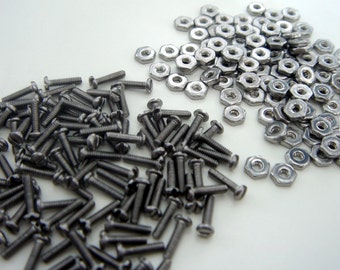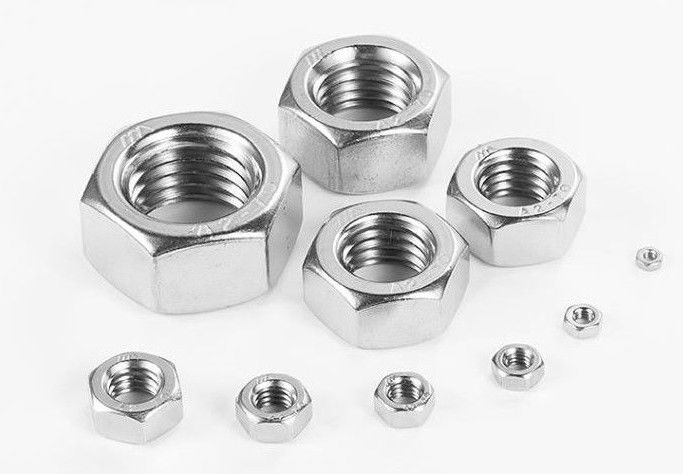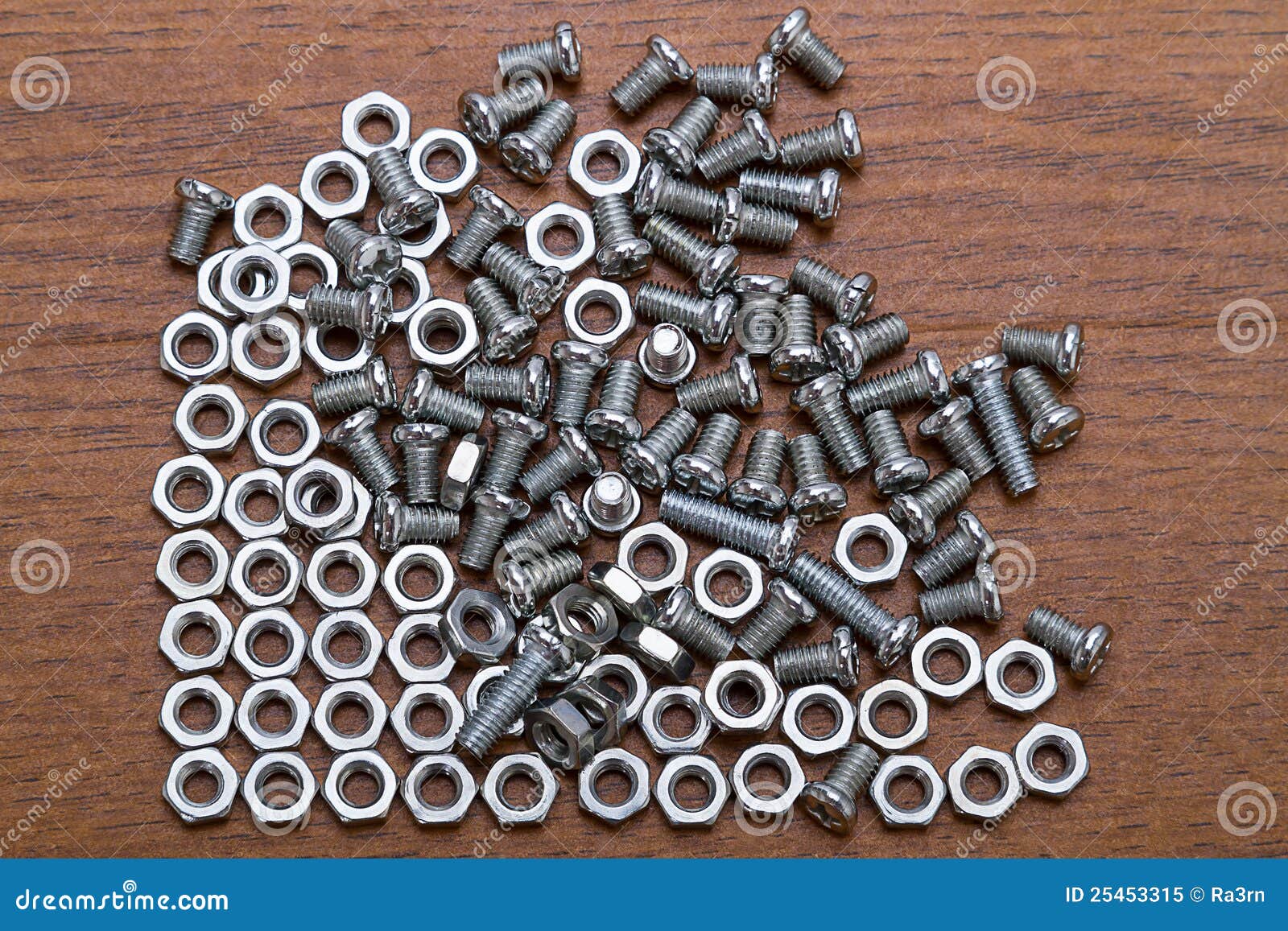Tiny Nuts And Bolts
Tiny nuts and bolts may seem insignificant, but they play a crucial role in many industries and products. From electronics to automobiles, these small pieces hold everything together and keep things functioning properly. Let's take a closer look at the importance of tiny nuts and bolts.
Pain Points of Tiny Nuts and Bolts
Loose or missing tiny nuts and bolts can cause significant issues, especially in products exposed to constant vibration or high pressure. They can also be challenging to work with due to their size and susceptibility to being dropped or lost. These issues can lead to product failures or delays in production, which can be costly for businesses.
Target of Tiny Nuts and Bolts
The primary target of tiny nuts and bolts is any industry or project that requires securely fastening two or more components together. This includes electronics, automotive, aerospace, and manufacturing industries. They are also commonly used in DIY projects and home repairs.
Summary of Main Points
Although tiny nuts and bolts may seem insignificant, they play an important role in many industries and products. Loose or missing pieces can cause significant issues, making it essential to find solutions to keep them secure. The primary target of tiny nuts and bolts is any industry or project that requires securely fastening components together.
The Importance of Quality Tiny Nuts and Bolts
When it comes to tiny nuts and bolts, the quality of the product is critical. Using low-quality or ill-fitting pieces can cause significant issues, including product failure and safety hazards. At my previous job, we had to replace an entire shipment of products due to a faulty batch of tiny nuts and bolts that caused failures in the final assembly process.
It's essential to invest in high-quality pieces that fit the project's specific requirements. This ensures reliability and longevity, which can save time and money in the long run. Additionally, regularly checking and tightening tiny nuts and bolts can prevent them from coming loose and causing issues.
The Benefits of Specialty Tiny Nuts and Bolts
In some cases, specialty tiny nuts and bolts are necessary for specific projects or industries. For example, in aerospace, titanium or other lightweight alloys may be used to reduce weight without sacrificing strength. In electronic applications, tiny nuts and bolts with high conductivity and low magnetic permeability may be necessary to prevent interference. In DIY projects, various finishes and designs are available to fit the aesthetic of the project.
Specialty tiny nuts and bolts may come at a higher cost, but they offer unique benefits that make them worth the investment in many cases.
How to Properly Use and Maintain Tiny Nuts and Bolts
When working with tiny nuts and bolts, it's important to use the correct tools and techniques to avoid damage or loss. A magnetic tray or bowl can be useful to prevent losing pieces, and a set of high-quality hex nut drivers can make the job easier. Additionally, storing tiny nuts and bolts in a secure container can prevent them from being lost or damaged.
Regularly checking for loose or missing pieces and tightening them as necessary can prevent issues and ensure the project's longevity. In some cases, using thread-locking compounds or washers can be helpful in keeping tiny nuts and bolts secure.
Question and Answer
Q: Can I use any type of nut and bolt for my project?
A: No, it's essential to use the correct type and size of nut and bolt for your specific project. Using the wrong type can cause issues and potentially compromise the integrity of the project.
Q: Are specialty nuts and bolts more expensive?
A: Yes, in most cases, specialty nuts and bolts come at a higher cost due to the unique materials or designs used. However, they offer benefits that make them worth the investment in many cases.
Q: Do I need to use thread-locking compounds or washers?
A: It depends on the specific project's requirements and the type of nuts and bolts being used. In some cases, they can be helpful in keeping tiny nuts and bolts secure.
Q: How often should I check and tighten tiny nuts and bolts?
A: It depends on the specific project's requirements and how much wear and tear the pieces are exposed to. However, regularly checking for loose or missing pieces and tightening them as necessary is always recommended.
Conclusion
Tiny nuts and bolts may be small, but they play a critical role in many industries and projects. Choosing high-quality pieces that fit the project's specific requirements and properly using and maintaining them can ensure reliability and longevity. Whether you're working on a DIY project or manufacturing a product, paying attention to tiny nuts and bolts' details is essential for success.
Gallery
Tiny Nuts Bolts | Etsy

Photo Credit by: bing.com / bolts nuts tiny
Small Nut And Washer , Industrial Metric Hex Stainless Steel Hex Nut

Photo Credit by: bing.com / small washer metric nut hex stainless industrial steel
Small Bolts And Nuts Royalty Free Stock Photo - Image: 25453315

Photo Credit by: bing.com / bolts nut
Hex Nut Drivers Regular And Small - MakerBeam
Photo Credit by: bing.com / bolts small nut nuts makerbeam 12mm 6mm hex drivers regular driver standard
Small Steel Nuts And Bolts Stock Image. Image Of Bolts - 28865401

Photo Credit by: bing.com / bolts nuts small steel isolated